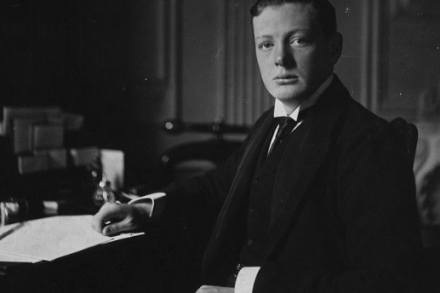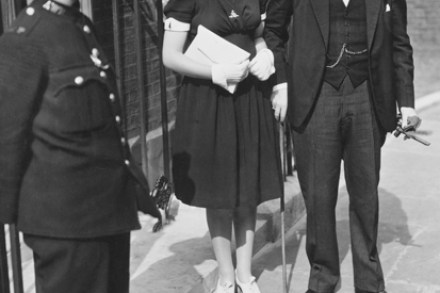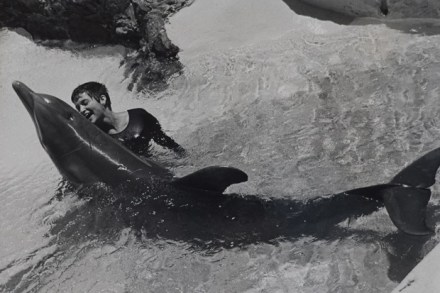How the Spectator congratulated a 25-year-old journalist called Winston Churchill
In 1899, Churchill headed to South Africa as a journalist for the Morning Post to cover the Boer War. He was captured in an ambush of an armored train but escaped with £75 and four slabs of chocolate in his pocket in hopes of finding the Delagoa Bay Railway. This from our archives, 30 December 1899 (link here). The Morning Post of Wednesday contained a characteristic telegram from their correspondent, Mr. Winston Churchill, describing his escape from Pretoria. Mr. Churchill, who had been taken prisoner after showing great gallantry in the armoured train action near Chieveley on November 15th, was confined at Pretoria. Despairing of his application for release (on the disputable ground


















